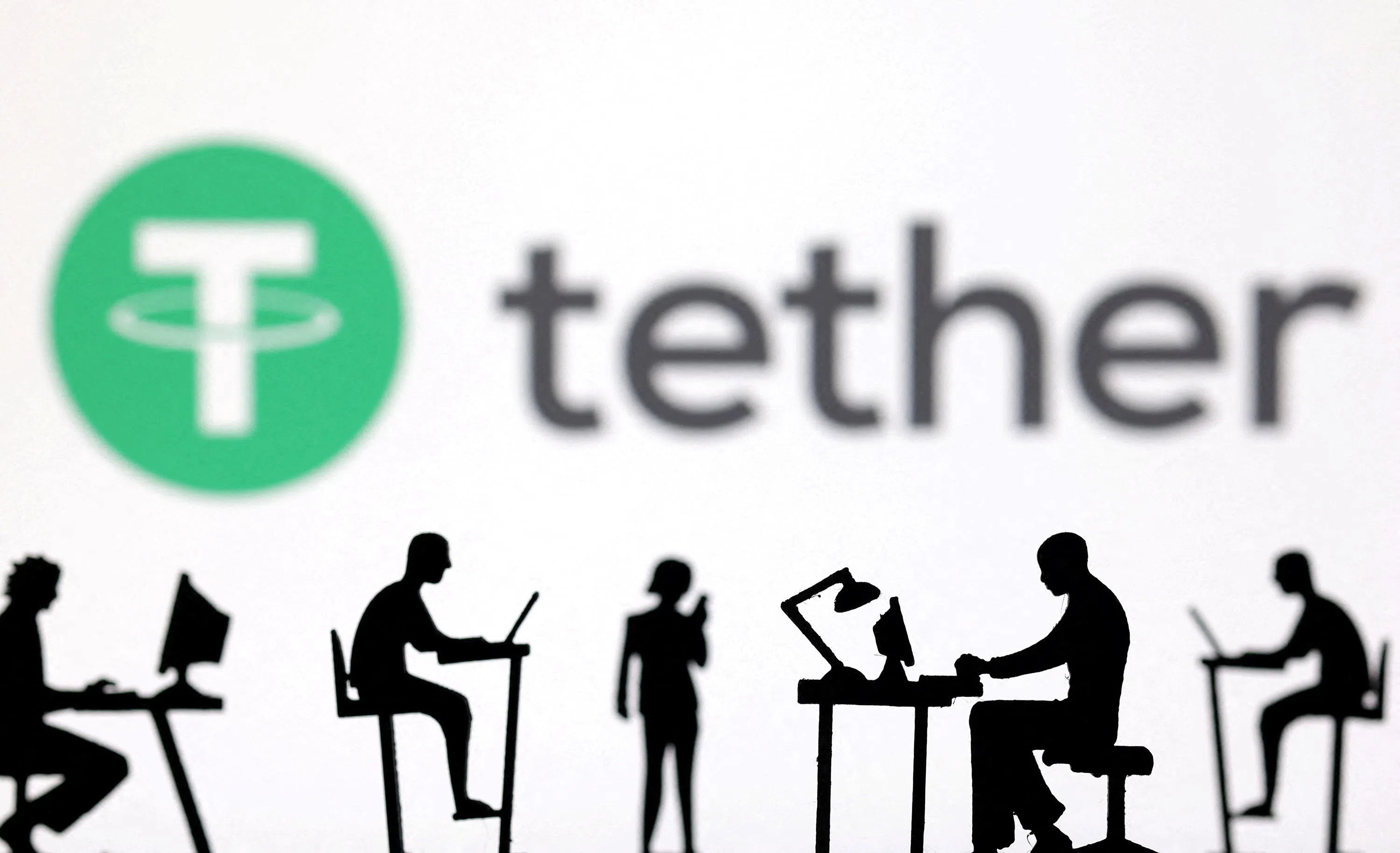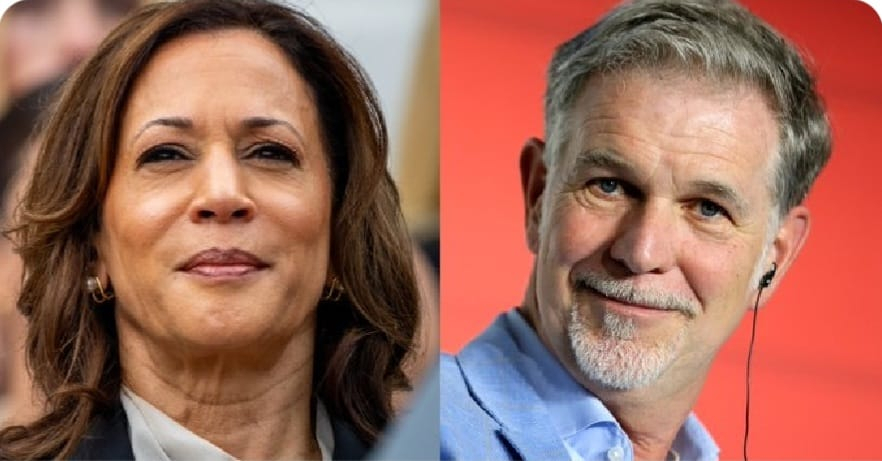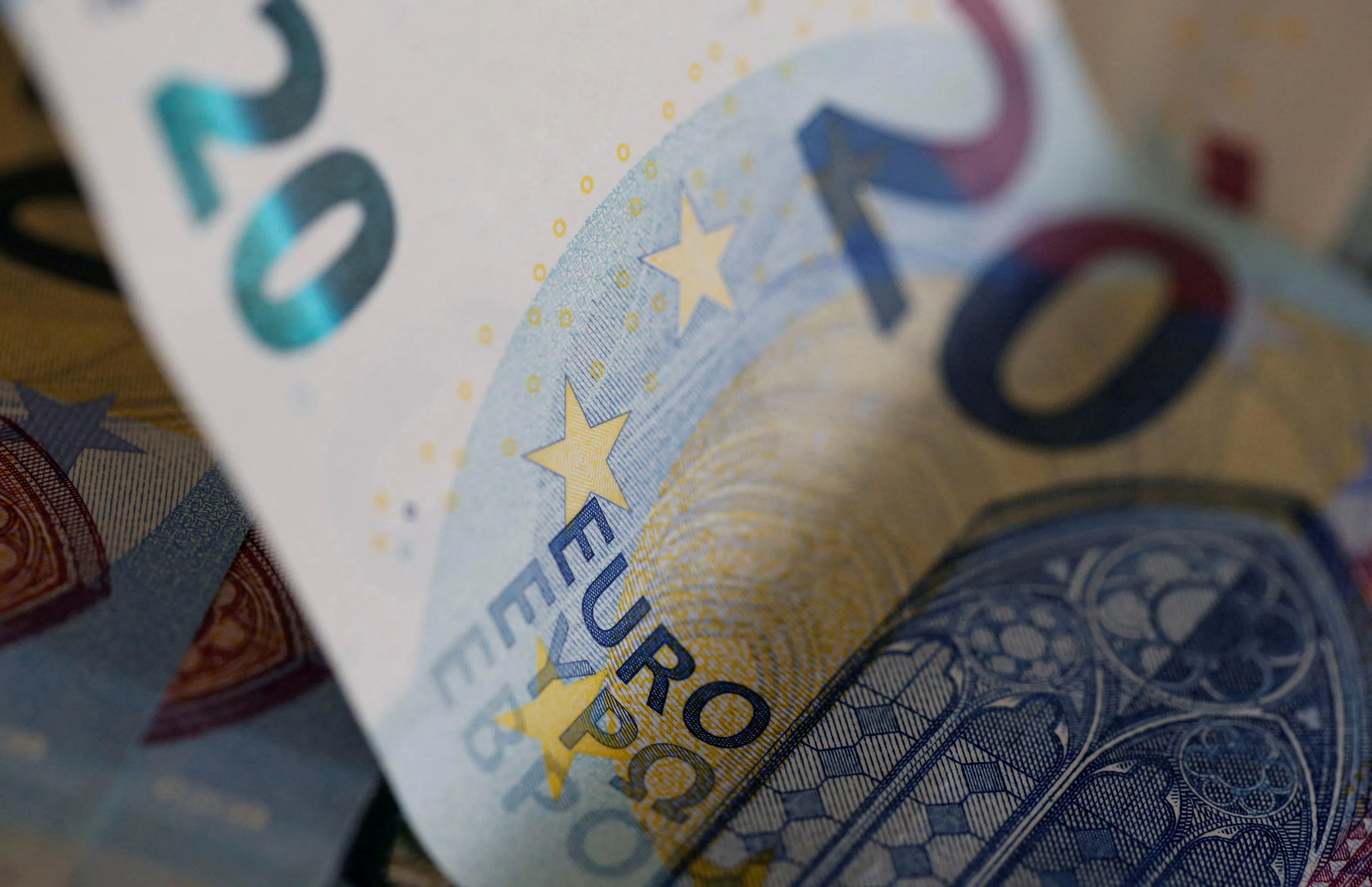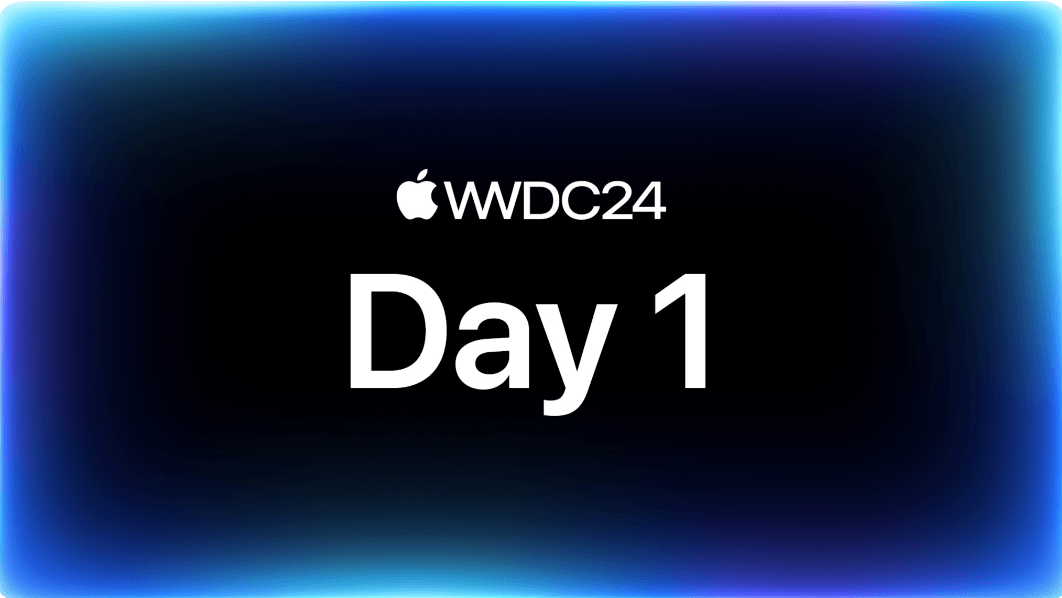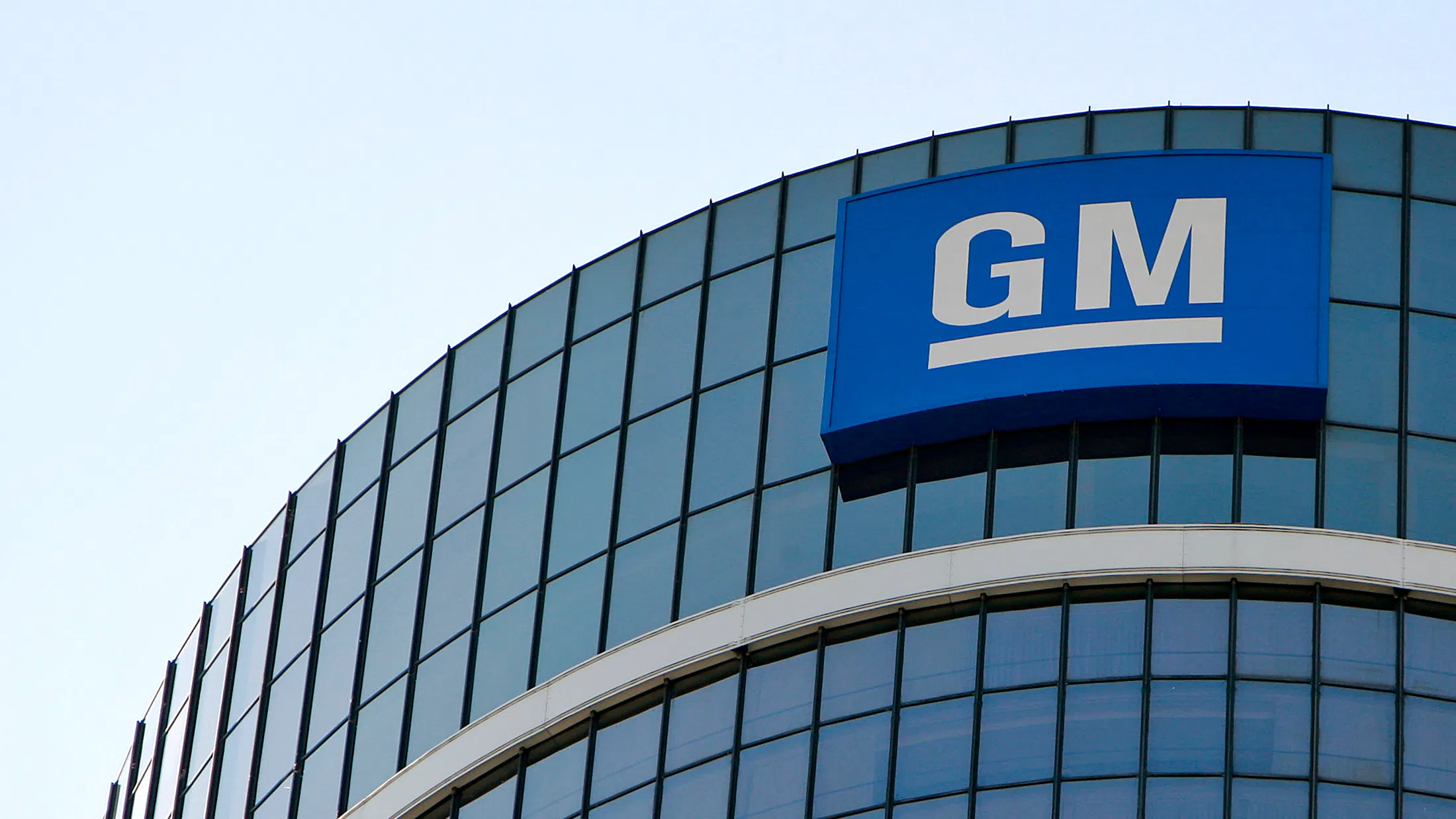THE investment arm of cryptocurrency company Tether Holdings expects to pour more than US$1 billion into deals over the next 12 months, according to chief executive officer Paolo Ardoino.
Tether Investments has a growing team of 15 people who are evaluating as many as hundreds of pitches each month, most of them coming directly from startups, Ardoino said in an interview. It is focused on alternative financial infrastructure for emerging markets, artificial intelligence and biotech – areas where it has already spent about US$2 billion over the past two years, he said.
The investment plan highlights the growing financial clout and ambition of the issuer of the world’s largest stablecoin, a type of cryptocurrency designed to track a real-world asset one-to-one.
Tether’s USDT stablecoin tracks the US dollar and has a market capitalisation of about US$112.4 billion. The company lately has been investing most of the reserves backing USDT in US Treasury bills and other securities, earning billions of US dollars in profits during the current high interest-rate environment.
While it plans to continue to keep 100 per cent of its reserves, plus an extra 6 per cent cushion taken out of its profits to ensure smooth redemptions of USDT, Tether expects to invest a percentage of its remaining profits into deals, Ardoino said. To help grow its distribution network, it’s investing in infrastructure in emerging markets. It has also already invested more than US$1 billion into artificial intelligence, such as by backing data-centre operator Northern Data Group.
“We can offer AI computing to all the companies we have invested in,” Ardoino said.
GET BT IN YOUR INBOX DAILY
Start and end each day with the latest news stories and analyses delivered straight to your inbox.
“It’s all about investing in technology that helps with disintermediation with traditional finance. Less reliance on the big tech companies like Google, Amazon and Microsoft.”
In the first quarter, the company said it booked a profit of US$4.5 billion, according to its published attestation. Third-party attestations are not the same as financial audits, since they are limited to a snapshot in time and do not allow full access to a company’s books.
The quality of assets backing stablecoins like USDT has come under intense scrutiny in recent years, as regulators grew concerned about the liquidity of the reserves backing them and if they could withstand mass redemption requests while under market pressure.
In 2021, Tether, which is incorporated in the British Virgin Islands, reached a settlement with the New York Attorney General – without admitting any wrongdoing – over allegations that it lied about its reserves and hid losses. It reached a similar settlement with the Commodity Futures Trading Commission that same year, without admitting or denying the CFTC’s allegations.
Still, the value of Tether’s USDT has been able to track the US dollar one-for-one without any major depegs in recent years, and Ardoino said the elevated interest-rate environment has allowed Tether to be very profitable for several years.
“You can imagine that the news that Tether is making good money went around the world,” Ardoino said.
“We get tens or hundreds of deals per month that are on the table, and we only end up doing a very small percentage of that.”
Tether is becoming a major deal maker as part of a broad effort to expand its business beyond stablecoins, which have been facing regulatory headwinds worldwide.
In April, it split into four divisions focused on finance, data, Bitcoin mining and energy, and education. Later this year, it’s also planning to launch a platform on which companies will be able to issue bonds and equity in digital-token form and central banks will be able to offer central-bank digital currencies, Ardoino said.
Unlike traditional venture capitalists, Tether does not look for companies expected to reach certain targets of profitability in the next one to two years, Ardoino said.
“Our investment policy is investing only in projects we find extremely interesting,” he said.
Tether is also investing in biotech – such as its backing of Blackrock Neurotech, a maker of brain-computer interface technology – because many other players have cut investments into the space, he said.
“We are not a classic VC,” Ardoino said. “We do invest in things that we care about, and we have our own strategy.” BLOOMBERG

